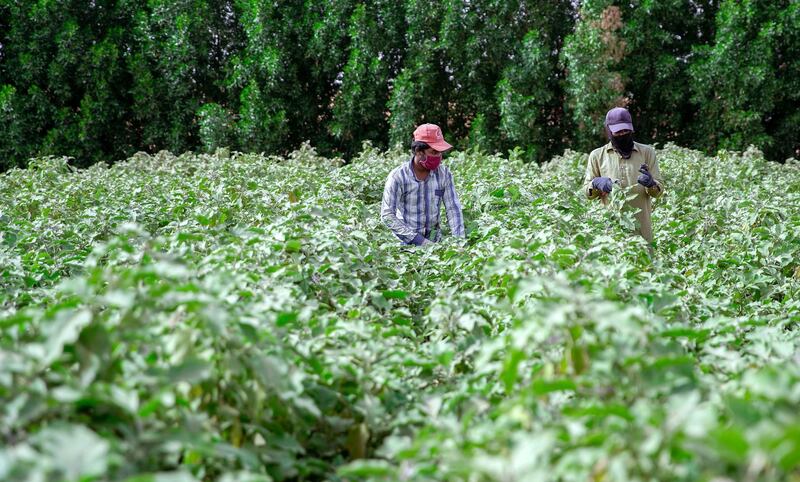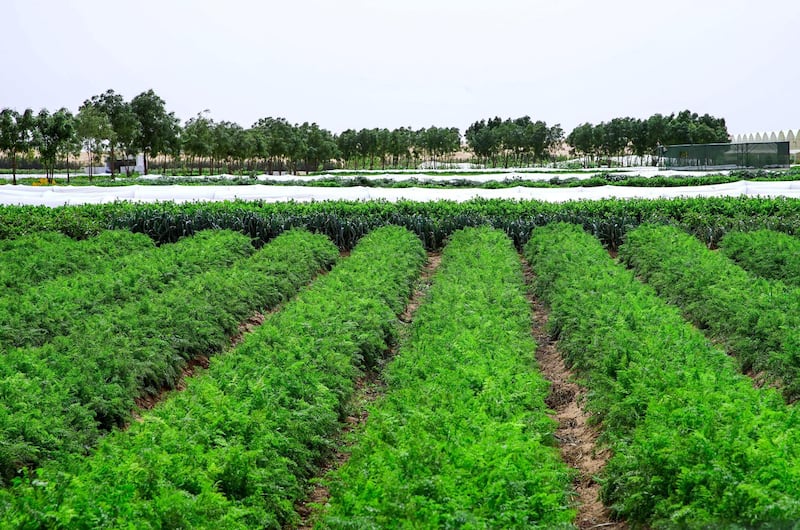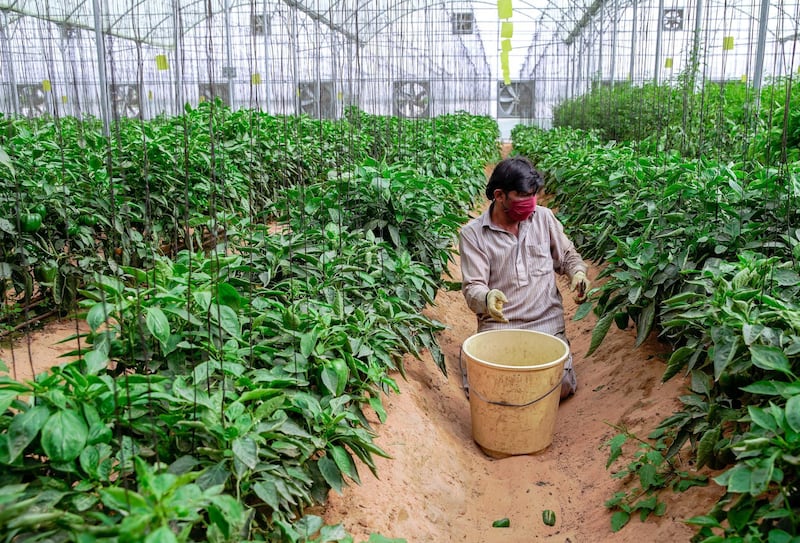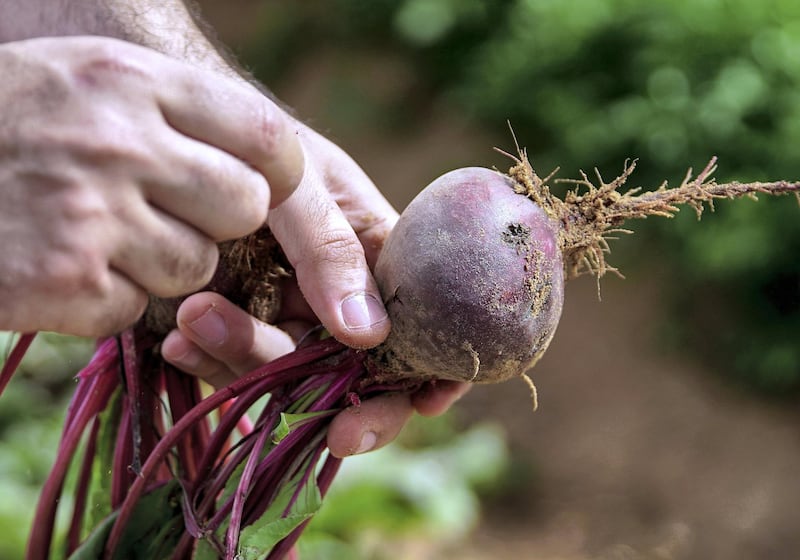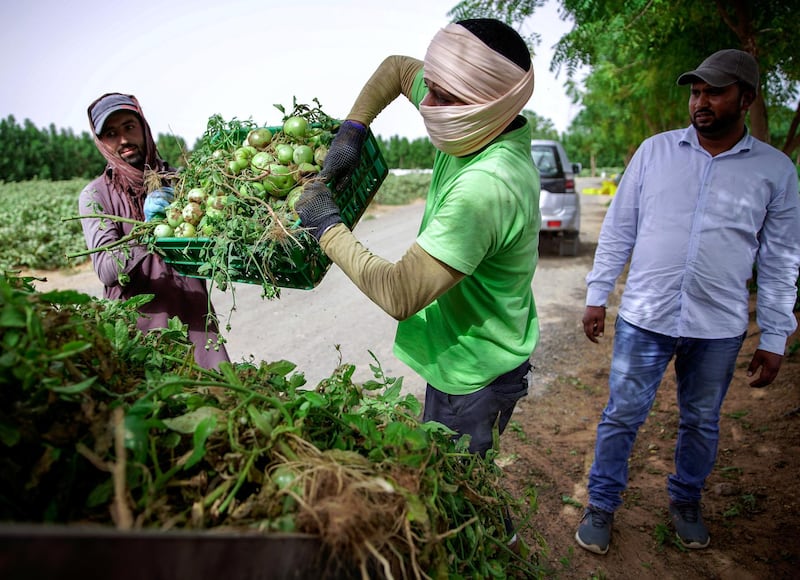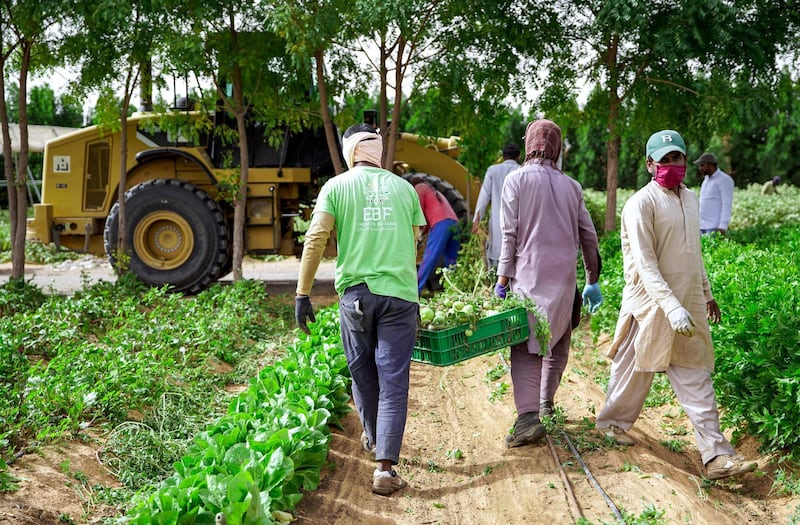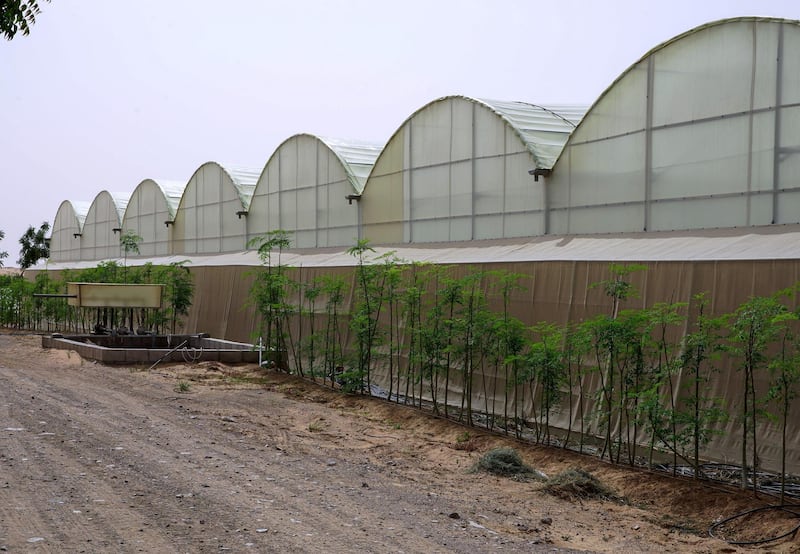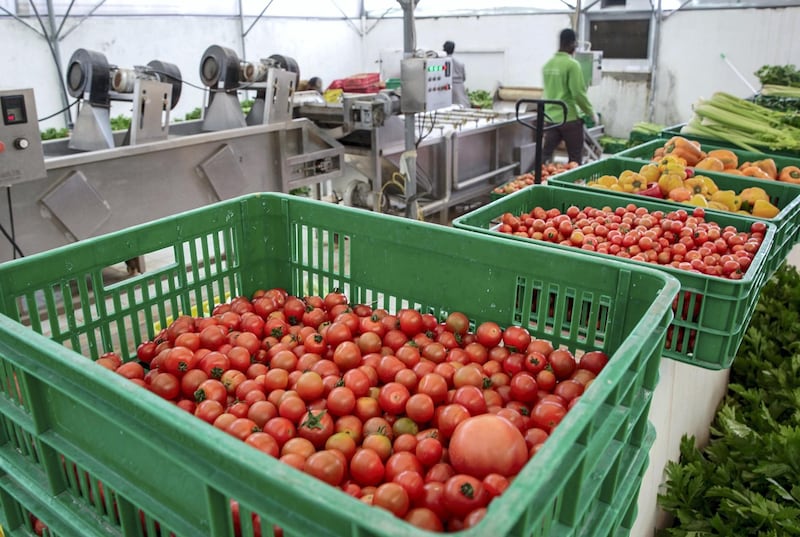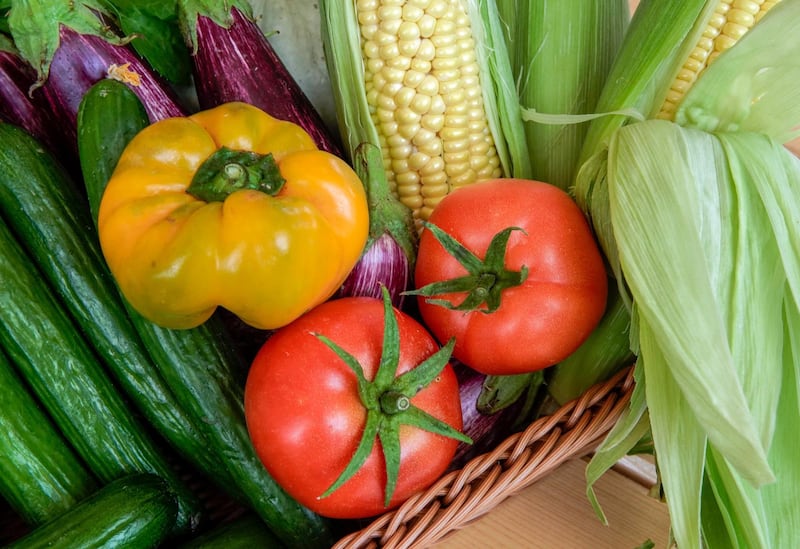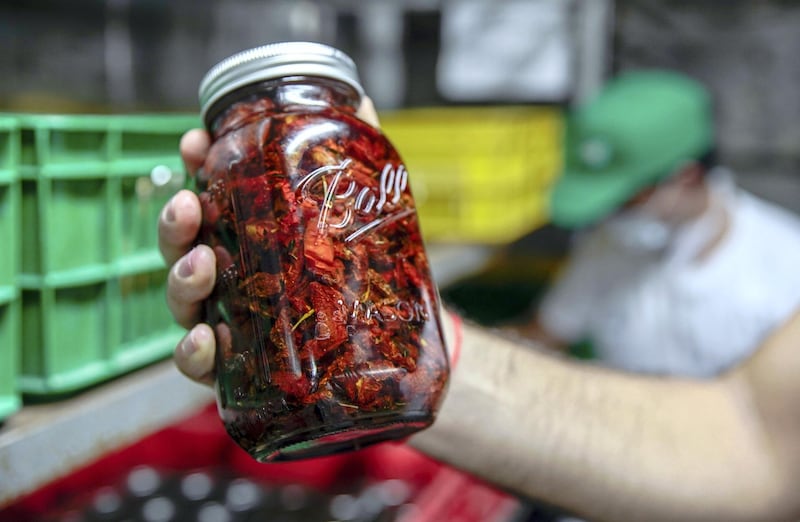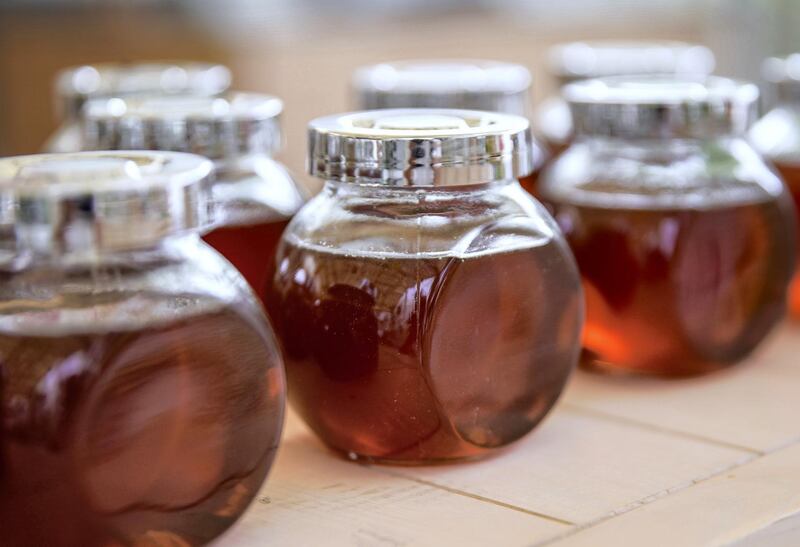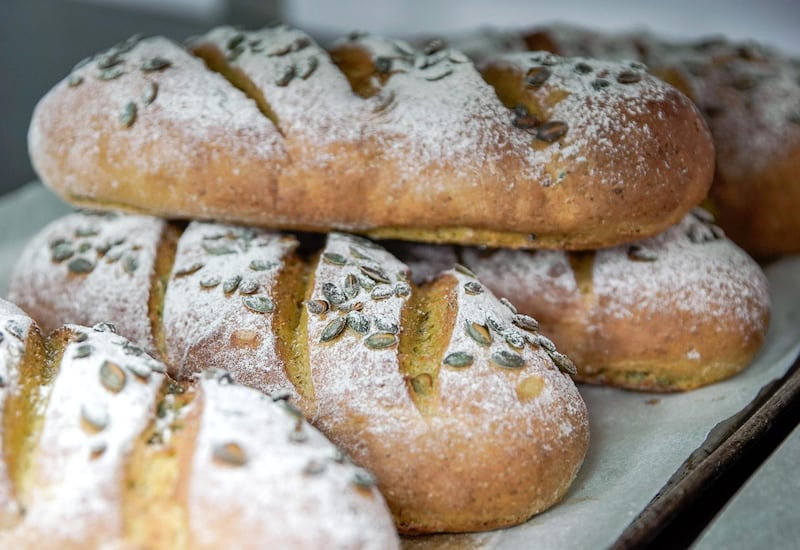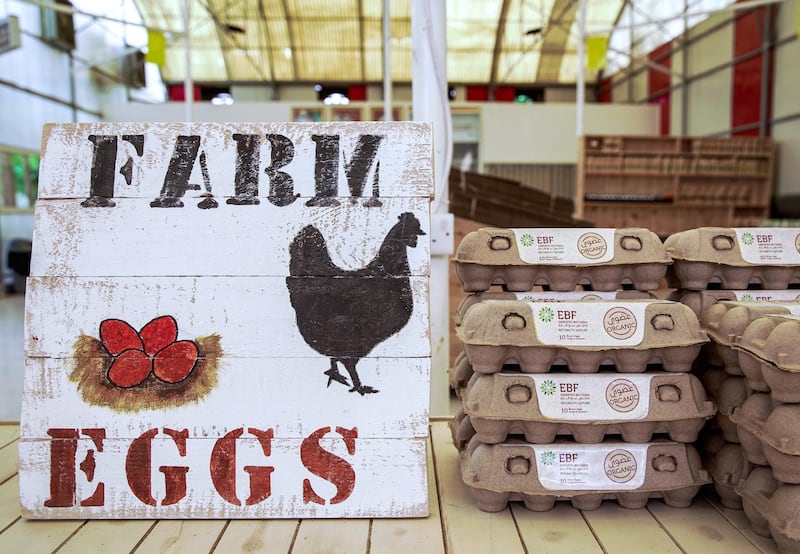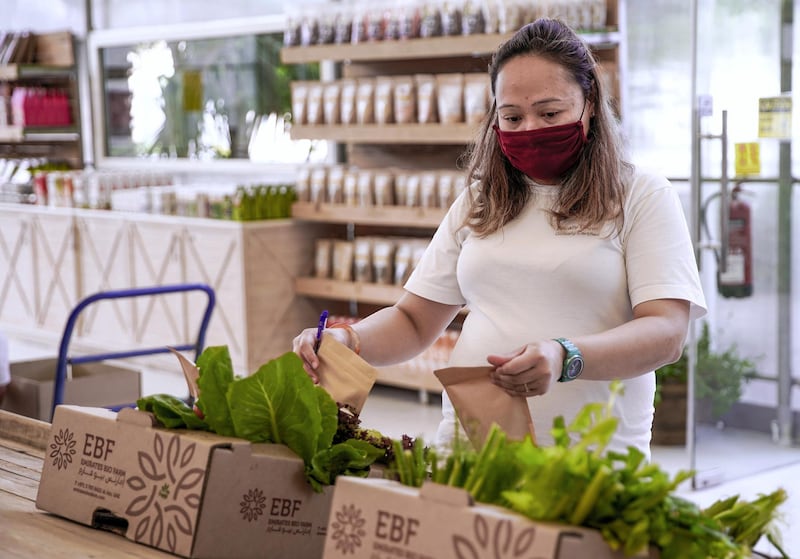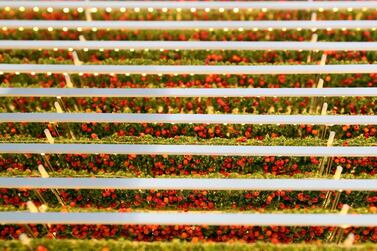There are many lessons to be learned from the ongoing coronavirus pandemic. One of the more difficult is that our mobility and interconnected supply chains – seemingly unshakeable elements of the modern, globalised world – are no more immune to the virus’s outbreak than we are. They are not permanent victims of the pandemic, but in many cases they are being necessarily suspended while the world is in a state of containment and convalescence. The situation is a poignant reminder of the responsibilities nations have to develop their resilience to such challenges for the long-term benefit of their populations.
In the UAE – both a champion and beneficiary of an interconnected world – part of that resilience involves identifying local solutions to broader issues, and enhancing the country’s self-sufficiency.
UAE farm reports increase in sales amid coronavirus outbreak
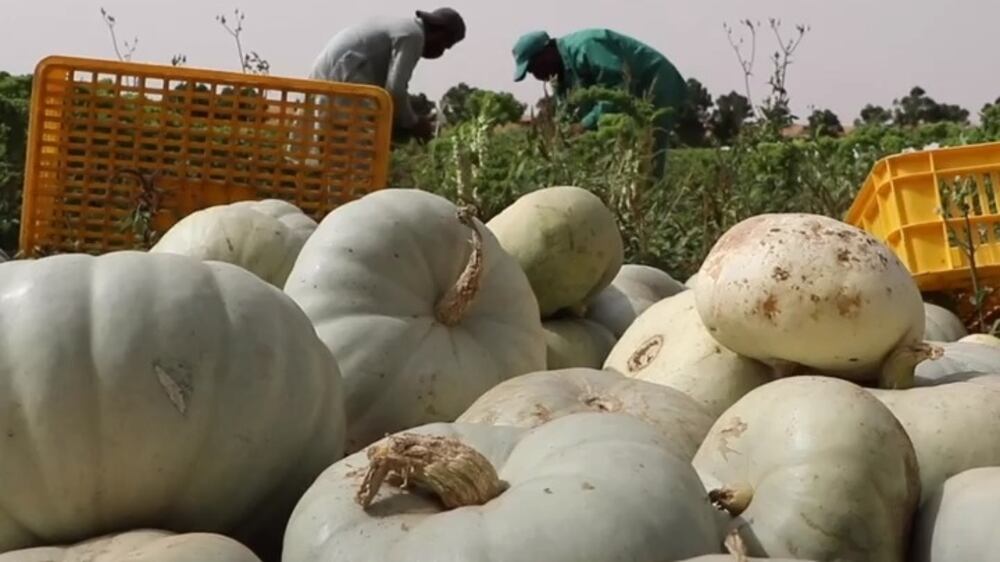
The most thunderous clap can be heard in the country's agriculture sector. Under the current public health measures, in which UAE residents are being urged to remain in their homes where possible, local farmers situated around Abu Dhabi, Dubai and Al Ain are inundated with a rise in demand for their produce. This development is even more remarkable considering that, under normal circumstances, the UAE and fellow members of the Gulf Co-operation Council import as much as 90 per cent of their food, due in large part to the region's natural aridity.
Food security has been a top priority for the UAE for years, with resources and efforts being earmarked for it. And in the current context, the achievements of the UAE's farmers, along with the investment that government and private enterprises are pouring into agricultural technologies of the future, come into sharp focus.
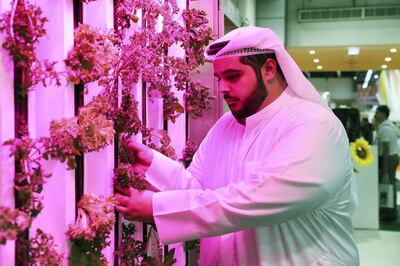
On Thursday, Abu Dhabi Investment Office (Adio) announced an investment of $100 million to draw four AgTech companies to the emirate as part of government efforts to attract high-skilled talent and research. The aim, Adio said, is to explore how arid countries such as the UAE can utilise these technologies to transcend the limits of their geography. The investment is also due to create hundreds of jobs over the next three years.
Another case in point is Abu Dhabi-based AgTech start-up Pure Harvest Smart Farms. It has secured a multi-stage investment commitment of $100m with the Kuwaiti firm Wafra International Investment Company to fund hiring and expansion of its sustainable greenhouses across the Emirates and Saudi Arabia. Its initiative illustrates, moreover, that even as some policymakers around the world are using the present circumstances as a reason to re-evaluate globalisation, some form of international co-operation is important and achievable.
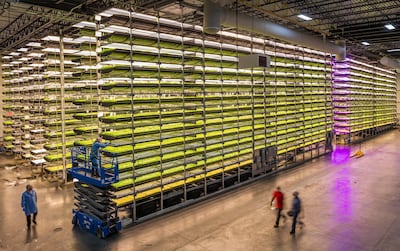
In the interest of long-term planning, similar projects across sectors not only help the UAE to diversify its economy, but also to grow the local market and the opportunities available to UAE residents.
It is why the Abu Dhabi Department of Economic Development's recent invitation to local companies to bid for up to Dh15 billion of government tenders is an important step. The programme, part of the Ghadan 21 initiative, aims to encourage companies dealing with government entities in the emirate to invest in the domestic market.
The UAE's plans for food security and agricultural innovation have been some time in the making. These plans coming to fruition at a time when the whole world is thinking about supply chains and food security makes them even more significant.
